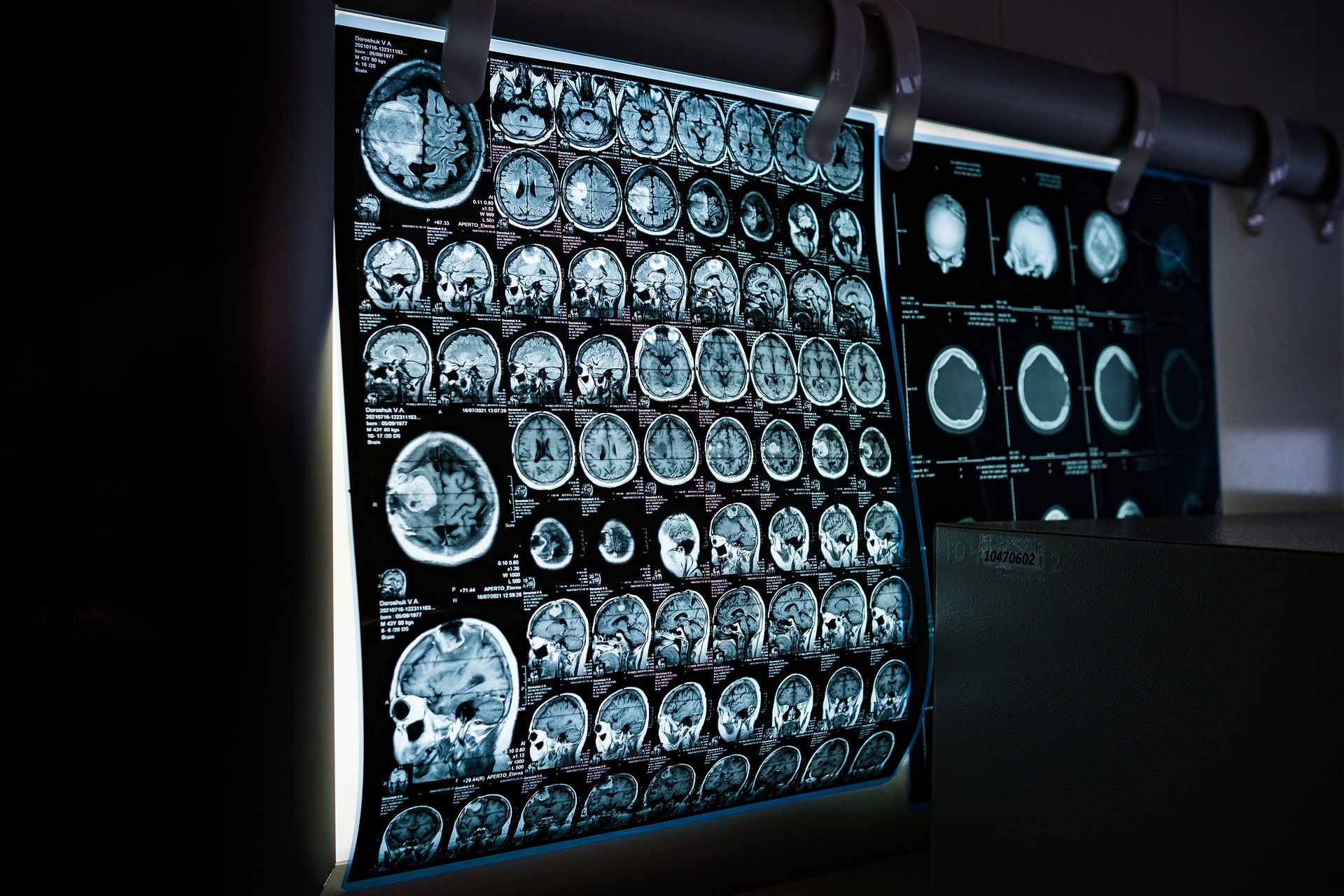Artificial intelligence (AI) is revolutionizing the field of health informatics, bringing new possibilities for advancing medical knowledge and data analytics. With the ability to analyze large amounts of data and make predictions based on patterns, AI is helping healthcare professionals and researchers gain a deeper understanding of disease and improve patient outcomes.
One area where AI is having a significant impact is in the analysis of electronic health records (EHRs). AI algorithms can analyze data from EHRs to identify patterns and trends that may indicate the presence of a disease or potential health risk. This can help healthcare professionals make a diagnosis more quickly and accurately, improving patient outcomes.
AI is also being used to develop new insights into disease. By analyzing large amounts of data from various sources, such as clinical trials and patient records, AI algorithms can identify patterns and trends that may indicate the underlying causes of disease. This can help researchers gain a deeper understanding of disease and develop new treatments.
Another area where AI is having an impact is in the development of new data analytics tools. By analyzing large amounts of data from various sources, AI algorithms can identify patterns and trends that may indicate a potential health risk. This can help healthcare professionals and researchers identify patients who are most at risk of developing a certain disease and take proactive measures to prevent it.
AI is also being used to improve the efficiency of health informatics by automating routine tasks, such as data analysis, which can save time and resources.
Despite the many benefits of AI in health informatics, there are also some concerns and challenges. One concern is that AI algorithms may not always be accurate or reliable, and that they may produce results that are biased or that do not take into account important factors. This can lead to incorrect predictions and inefficiencies in the analysis of EHRs and disease research.
Another concern is that AI algorithms may be used to replace human healthcare professionals, reducing the quality of care. Additionally, there are also ethical concerns around the use of AI in health informatics, such as privacy and data security.
Despite these concerns, the benefits of AI in health informatics are clear, and the technology is likely to continue to play an increasingly important role in the field. With the ability to analyze large amounts of data and make predictions based on patterns, AI is helping healthcare professionals and researchers gain a deeper understanding of disease and improve patient outcomes, leading to more efficient, accurate, and cost-effective healthcare.

No responses yet